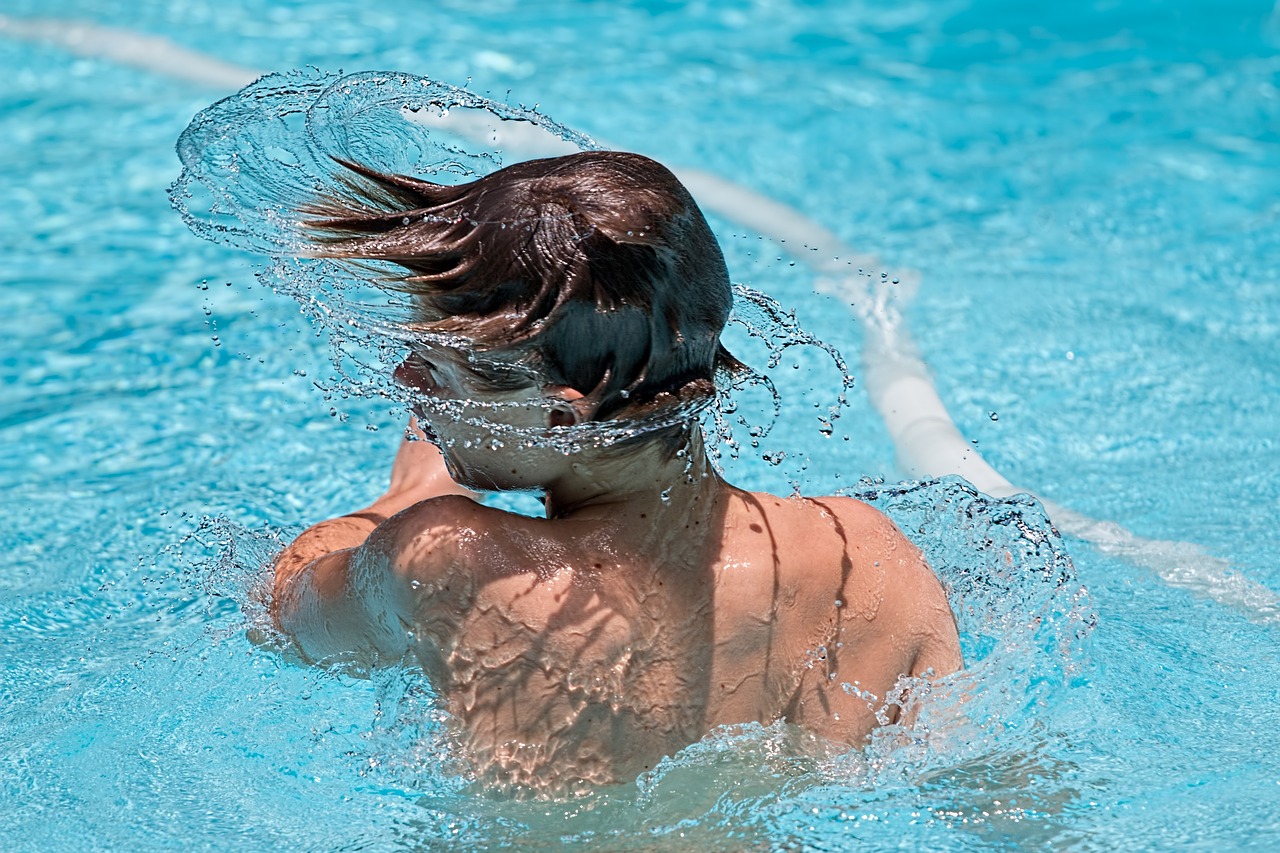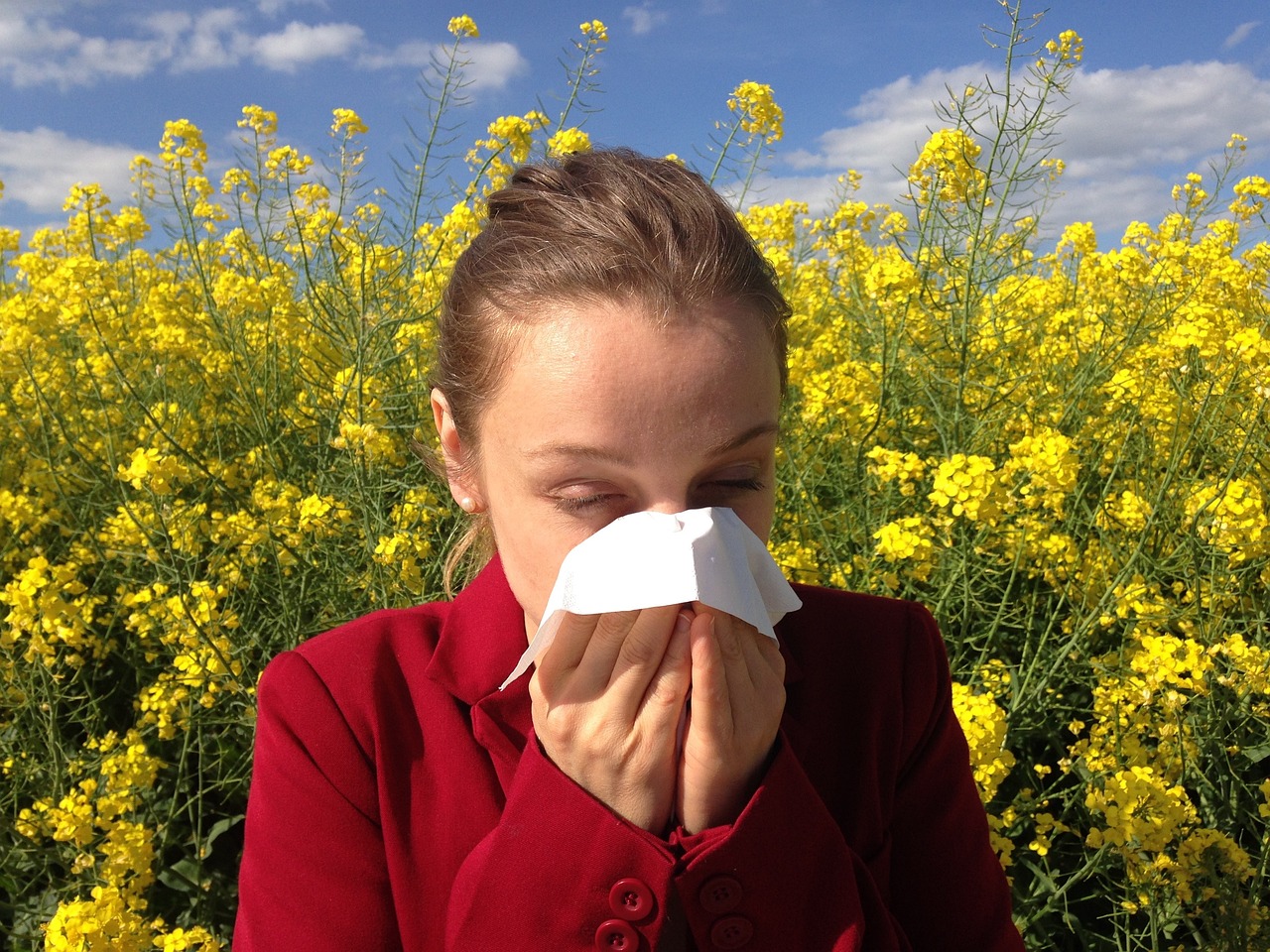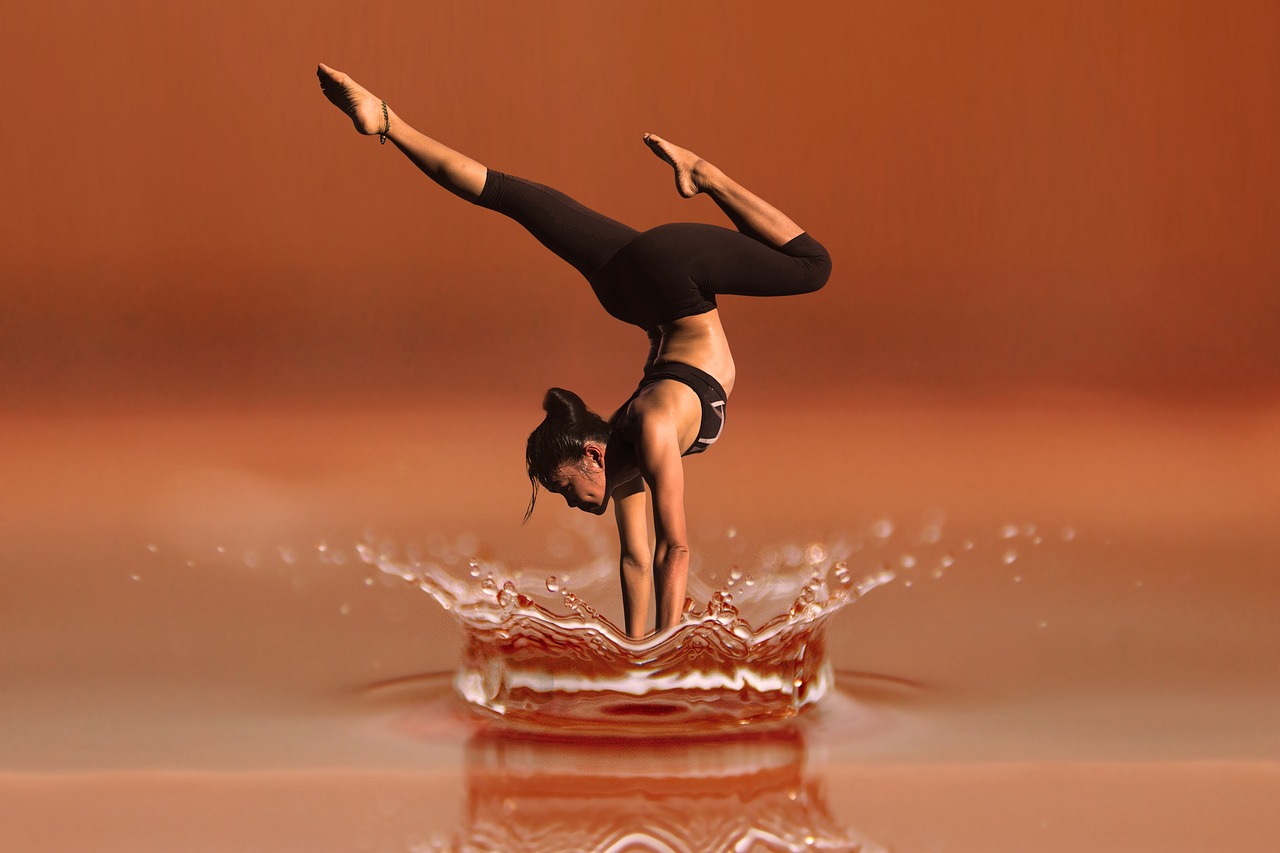Ah, the sweet, sweet serenade of sloshing water in your ear after a dip in the pool. Who doesn’t love that muffled sensation as though you’ve become part marine mammal? If you’re someone who thinks, “I wish there were more peculiar and comical ways to rid myself of this aural ocean,” then my friend, you’re in for a treat. Read on for the definitive (and slightly amusing) guide to getting water out of your ear.
1. The Gravity Dance:
Step 1: Stand on one foot. Yes, I promise this isn’t a joke. Yet.
Step 2: Tilt your head so that the offending ear is facing downwards.
Step 3: Hop around like a deranged kangaroo. If you feel ridiculous, that means you’re doing it right.
Does it work? Well, sometimes gravity does wonders, but more often than not, you’ll just provide some much-needed entertainment for anyone watching.
2. The Vacuum Seal:
Ever tried to suck the life out of a Capri Sun pouch to get the very last drop? Apply that same principle to your ear.
Step 1: Cup the palm of your hand tightly over your ear.
Step 2: Push in and out, in a rapid motion, creating a kind of manual vacuum.
Step 3: Try not to look like you’re miming the world’s worst DJ set.
Word of caution: If you hear a pop, you might’ve unlocked a new level in your life game. Or, you’ve just messed with your eardrum. I’m not a doctor, but maybe don’t be too vigorous.
3. Yawn or Chew:
Chances are, after reading the first two suggestions, you’re yawning out of despair or chewing out your frustrations. Good! Because yawning or chewing can help equalize the pressure in your middle ear, and it might just pop that water right out. Just be wary of looking like you’re practicing your exaggerated mime act.
4. Apply Heat, Not Beats:
Now, if you’re still with me and not already headed to the ear doctor in horror, here’s something that’s a tad more “normal”. Use a warm cloth or a heat pad. Place it near your ear, and the water might just decide to evaporate.
Although I cannot guarantee that this method is any faster than letting the Sahara sun dry a puddle, it is certainly more sensible than the previous ones.
5. Chemical Warfare:
Before you get any ideas, I’m talking about over-the-counter ear drops! They can help evaporate the water. But let’s face it, when has adding more liquid to an already wet situation ever sounded like a stellar idea? However, if you’re desperate and the dance moves didn’t cut it, it’s worth a shot.
6. The Human Hairdryer:
Here’s a technique that sounds semi-logical: using warm air.
Step 1: Grab a hairdryer and set it to the coolest setting.
Step 2: Hold it about a foot away from your ear.
Step 3: Let the warm air flow into the ear, but for the love of all things good, do not stick the nozzle in your ear.
Will it feel as though you’re trying to communicate with aliens? Absolutely. But on the bright side, the evaporation might actually encourage that pesky water to exit.
7. Alcohol and Vinegar:
Before you assume this is a cocktail recipe for a disastrous Friday night, it’s a method many swear by. A few drops of a mixture made of half rubbing alcohol and half vinegar can help dry out the water. But remember, this is for your ears, not your taste buds.
8. A Gentle Nudge with Cotton Swab:
Now, I know what you’re thinking: “Finally, a method I’ve heard of!” But beware the cotton swab. While it might be tempting to probe into the depths of your ear canal, it’s not the quest for the Holy Grail. Use the cotton swab gently around the outside of your ear to absorb any lingering moisture. Go in too deep, and you’re signing up for an earwax museum nobody asked for.
9. The Sleep-It-Off Approach:
Yes, it’s exactly as lazy as it sounds. Lie down with the affected ear on the pillow, and let gravity and time do their thing. A good night’s rest might just solve your problem, and if not, at least you’re well-rested for another round of ear evicting tactics.
10. Seek a Pro:
If the tiny ocean in your ear refuses to drain and you’ve tried all the dance moves, potions, and alien communication techniques, it might be time to consult someone who has a degree in things other than humor. An ear, nose, and throat (ENT) specialist might lack my wit, but they sure know how to handle stubborn ear water.
Conclusion:
There you have it: a comprehensive, somewhat farcical guide to evicting that water from its cozy ear canal vacation. Remember, while we’ve had our fun, it’s essential to treat your ears with care. If you notice pain, swelling, or any changes in your hearing, drop the jokes and consult a professional. After all, your ears are essential for enjoying the harmonious symphony of life — and more importantly, for catching all the jokes the world has to offer.
Here’s hoping you remain splash-free and ever ready for the next unexpected aquatic adventure!
Pro Tips for Ear Care Post Aquatic Adventures:
Here are some top-tier, no-nonsense strategies to ensure your ears remain as pristine as the waters you’ve just emerged from.
- Prevention is Key: If you’re a regular swimmer, consider using swimmer’s earplugs to prevent water from entering your ear canals. Make sure they fit correctly to ensure their effectiveness.
- Dry Gently: After swimming or showering, always dry your ears gently with a soft towel. Avoid being too aggressive, as this can push water deeper into the ear canal or even cause damage.
- Safe Ear Drops: There are over-the-counter preventive eardrops available that can help reduce the risk of swimmer’s ear (otitis externa). They often contain a mix of alcohol (to evaporate moisture) and an acidic component (to create an inhospitable environment for bacteria). Use them after swimming, especially if you’re prone to ear issues.
- Hydration and Ear Health: Drink plenty of fluids. Sometimes, staying hydrated can help reduce the chances of water getting trapped. The eustachian tubes in your ear function better when you’re well-hydrated.
- Avoid Q-Tips: While they seem handy, Q-tips can push wax further into the ear canal, making it harder for water to exit and potentially causing a blockage.
- Check for Earwax Build-up: Excessive earwax can trap water in your ear. If you have recurrent issues with water in your ears, you might want to get them checked for earwax build-up.
- Swimmer’s Ear Warning Signs: If you experience itching, redness, or swelling after swimming, it might indicate swimmer’s ear, which is an infection of the ear canal. Seek medical attention if these symptoms arise.
- Know When to Seek Help: If the water remains in your ear for more than a couple of days or if you start experiencing pain, tinnitus, or hearing loss, it’s crucial to consult a professional.
By following these pro tips and staying informed, you can ensure that your ears remain water-free and healthy.
FAQ: The Water-in-Ear Conundrum Answered
Usually, water will drain out on its own within a day. However, if it stays trapped for more than a couple of days, you might risk developing an ear infection, like swimmer’s ear. Always consult a doctor if you’re concerned.
This is all about gravity. By tilting your head or jumping, you’re trying to use gravity to help the water escape from your ear canal. It doesn’t work for everyone, but it’s often the first thing people try.
While the occasional water-in-ear scenario is unlikely to cause permanent hearing loss, recurrent infections or untreated infections (like swimmer’s ear) can potentially lead to complications that affect hearing. If you’re ever in doubt, see a doctor.
Earplugs designed for swimming can be very effective in keeping water out. Swimming caps, on the other hand, are designed to reduce drag and protect the hair, so they won’t necessarily prevent water from entering your ears.
It can be, but caution is essential. Always use the lowest heat setting, keep the hairdryer at least a foot away, and never direct the flow straight into the ear canal. The idea is to promote evaporation, not roast your eardrum.
Several factors can contribute, including the shape of one’s ear canals, the presence of excessive earwax, or even hair in the ears. Some people might just be more prone to it due to their anatomy.
It’s recommended to use rubbing alcohol (isopropyl alcohol) rather than consumable ones like vodka or rum. The former evaporates quickly and is more effective in this context.
Swimmer’s ear, or otitis externa, is an infection of the outer ear canal. It often occurs when water remains trapped in the ear, creating a moist environment for bacterial growth. Symptoms include itching, redness, discomfort, and sometimes a discharge of pus or liquid.
It’s best to wait until the infection has fully cleared and to get a green light from your doctor before diving back in.
If you’ve tried several methods and the water persists, or if you experience pain or any changes in your hearing, it’s crucial to consult a medical professional.



